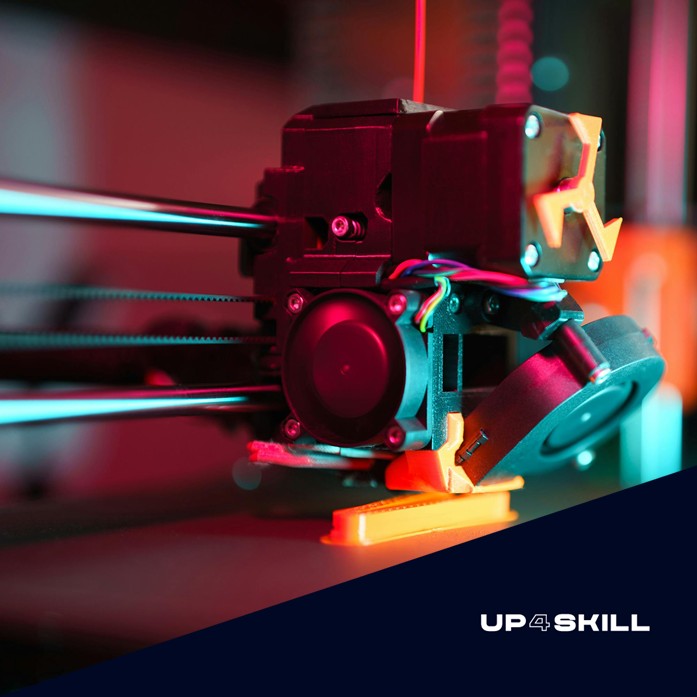The programme is designed for professionals seeking theoretical knowledge and practical skills in applying computer-aided engineering analysis systems to plastic molding process simulations. Participants will explore all injection molding stages – filling, packing, cooling and warpage analysis as well as their impact on product quality and manufacturing efficiency. The training covers the most common defects, their causes and prevention methods, considering mold geometry, material rheological properties, and process parameters. Learners will work with SolidWorks Plastics and other simulation tools to optimise part geometry and molding conditions before actual production, reducing errors and tooling modification costs.
phone +370 615 22646
email vaidas.lukosevicius@ktu.lt

Prof. Dr. Vaidas Lukoševičius is a lecturer at Kaunas University of Technology with over 20 years of experience in engineering, acquired through both academic work and applied industrial practice. His professional background includes roles in the automotive, machinery, and plastics manufacturing sectors in Lithuania, Germany, and Sweden, with a focus on vehicle durability, dynamics, safety, and reliability research, as well as component design and computer-aided engineering (CAE) analysis. He has developed extensive practical expertise in the automotive industry, particularly in the design of sensors, control modules, and other precision components. At present, he is actively involved in scientific research, leads applied engineering projects, and supervises students and doctoral candidates in the fields of transport technologies and engineering analysis.
The course is for beginners aiming to learn how to design and layout 2D graphics for print and digital media.
Blended learning / 80 ac. hrs.
K. Donelaičio St. 73
44249 Kaunas, Lithuania
phone: +370 (671) 36 146
email mvg@ktu.lt